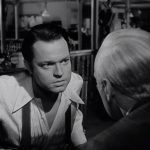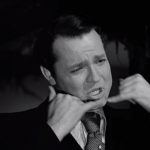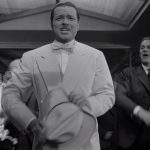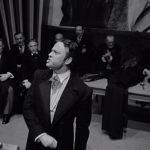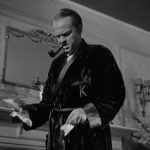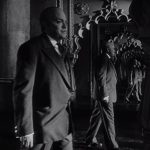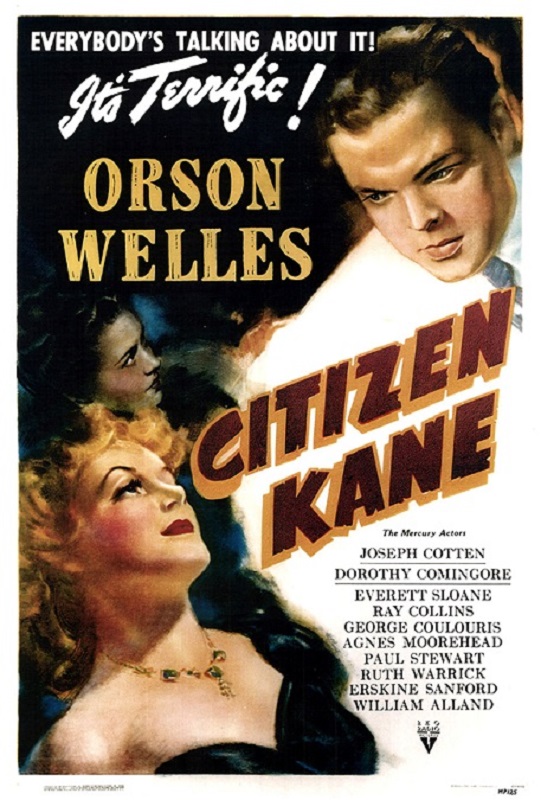
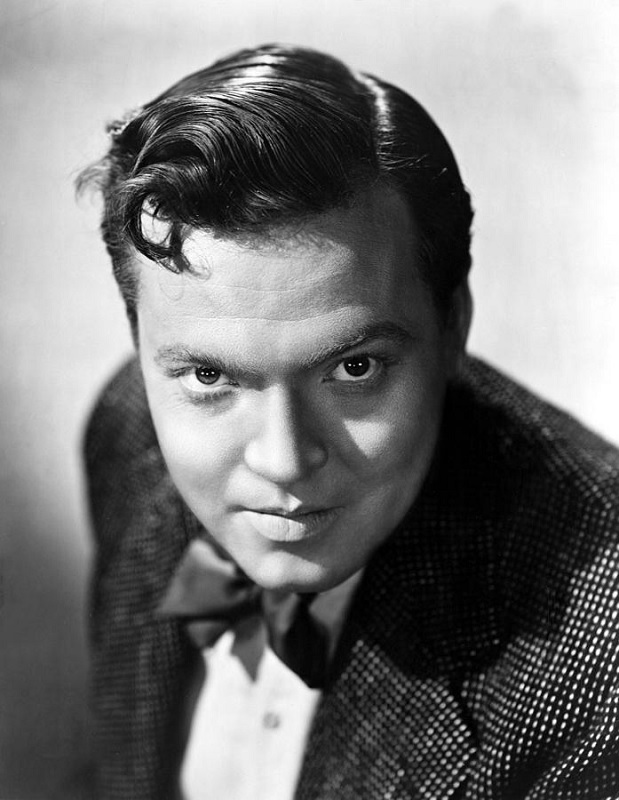

1941 – Orson Welles
Citizen Kane
I’ll start this review of Orson Welles’ Best Actor nominated performance in Citizen Kane by saying that he was robbed. That Oscar should have been his. I mean, Gary Cooper was just fine in Sergeant York, but Here, playing the character of Charles Foster Kane, Welles turned in a multi-layered performance with nuance and depth. He had to play the man at multiple ages, ranging from old to young, with an emotional landscape that, frankly, put Sergeant York to shame.
First off, let’s go over his look. The makeup artists who made him age believably over the course of decades really knew what they were doing. From young adult to middle-age, and from mid-life to old age, he looked real and natural at every stage. And Orson pulled it off wonderfully, using his mannerisms and facial expressions to sell the look. He did a fantastic job, no matter what age he was playing.
Then there was the wonderful way the character was written. He was a man with way too much money, and a propensity for narcissism. He had a pathological need to be loved, but had very little concept of how to love anyone but himself. He treated both friends and wives as possessions, as easily bought or sold as a statue. And yet, though he built a vast empire of wealth and acquisitions, he was never fulfilled, never happy. There was a deep complexity about the man that Welles really seemed to embody perfectly. It was a stellar performance.
And I’ll finish up by going into the drama of the film. Welles really did the lion’s share of the film’s emotional heft, but it wasn’t all just him. Every character had a great story, a moment to shine, and reason for being there. But it was all aimed at enhancing Kane’s emotional journey. He was written to be an enigma, a mystery of multiple levels. Everything from his happiness to his anger, his ambition to his depression, his loves to his complete lack of understanding of love, all combined to make a truly memorable performance, for which I think Welles should have won the Oscar. It was a part that was written better, and Welles was the better actor, than Gary Cooper in Sergeant York. And it was all made even more impressive because Welles was also the writer, the director, and the producer.
